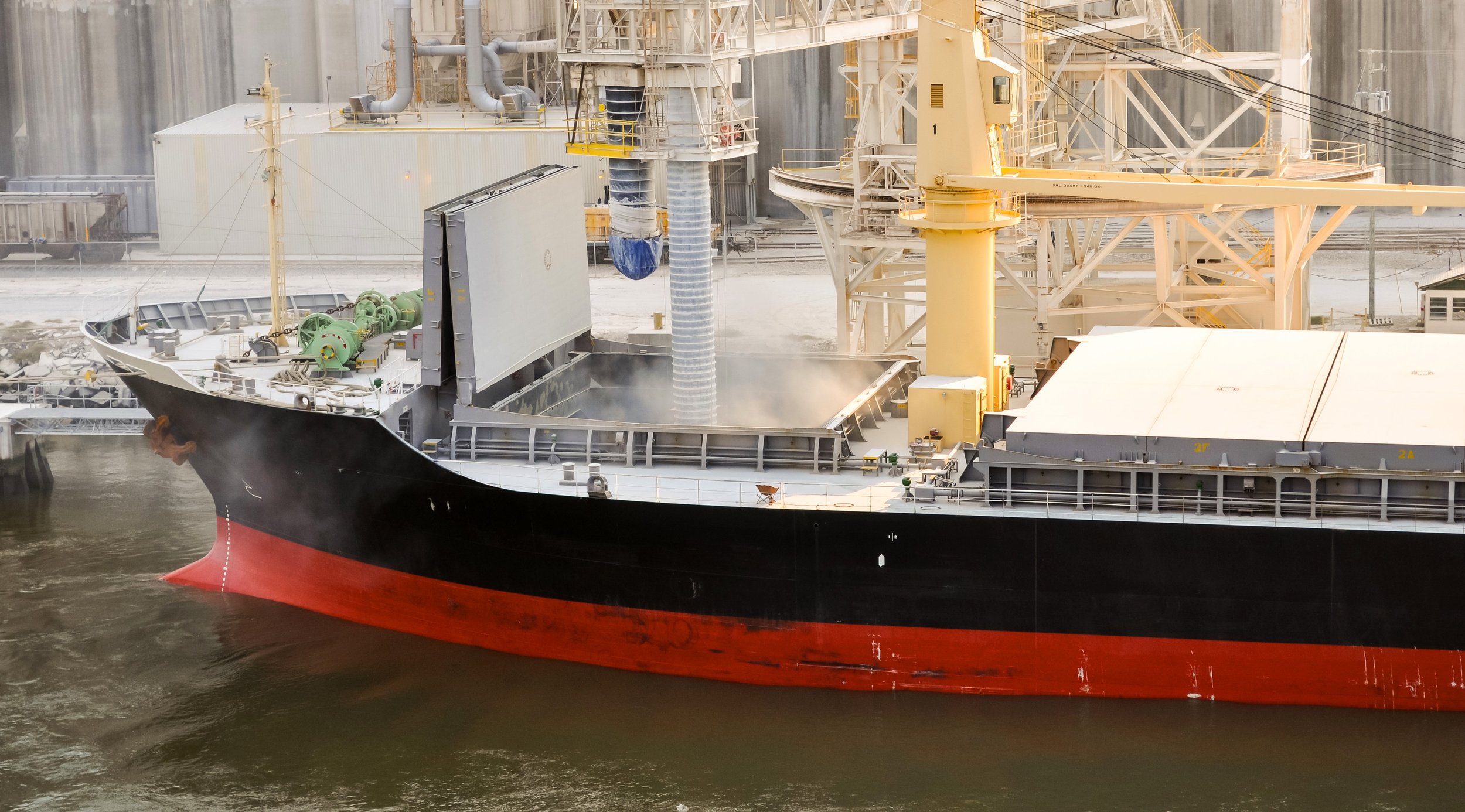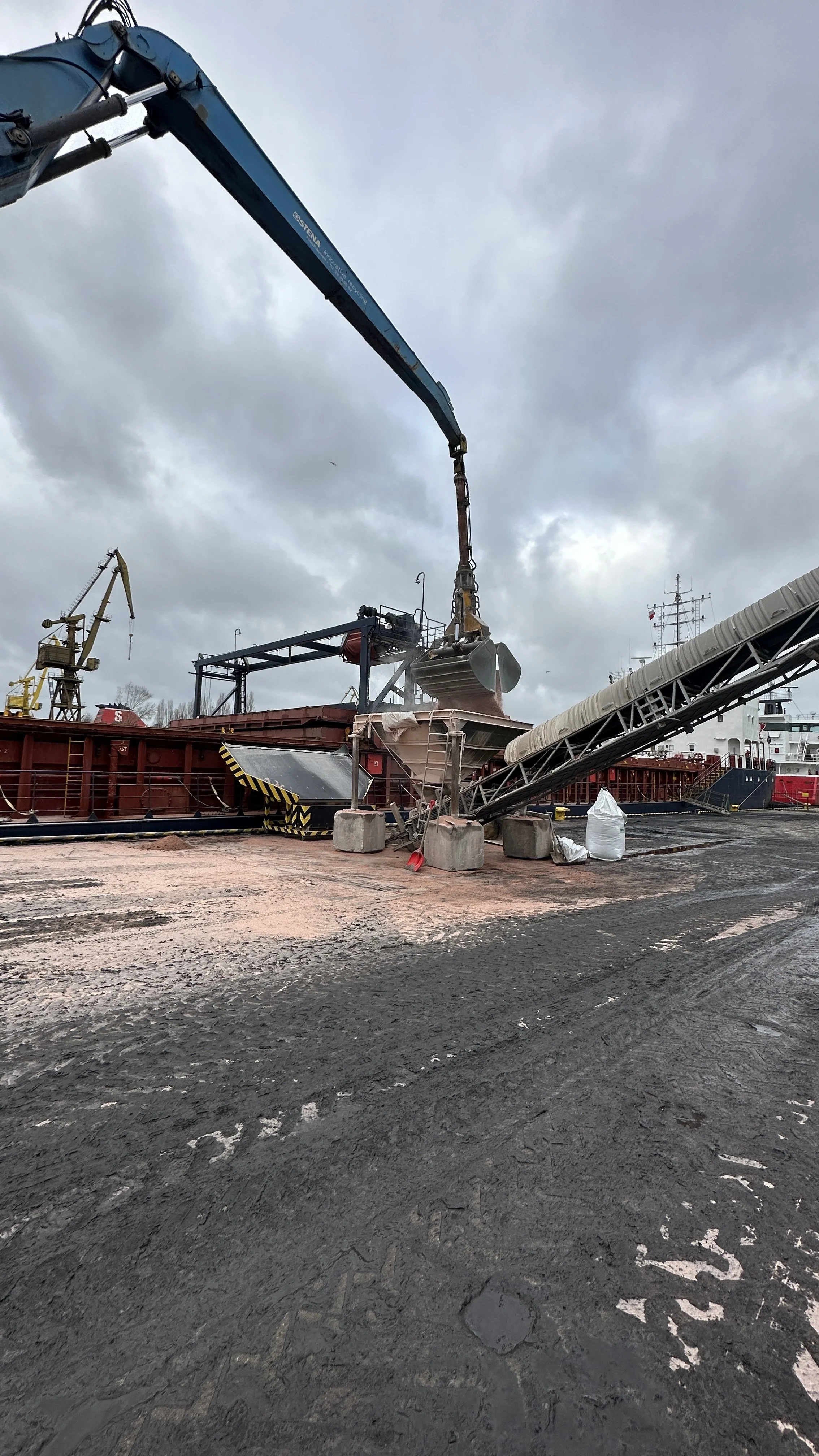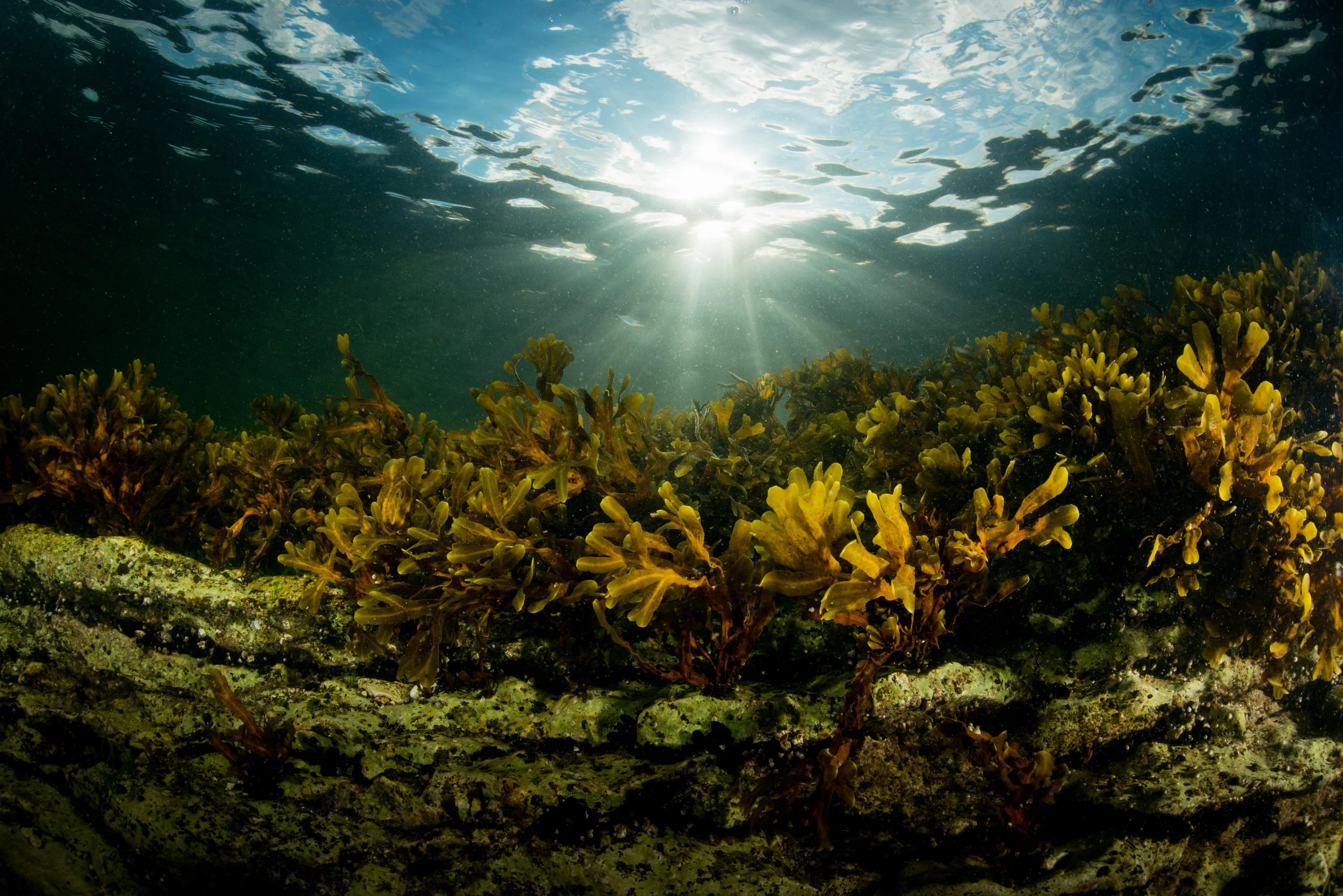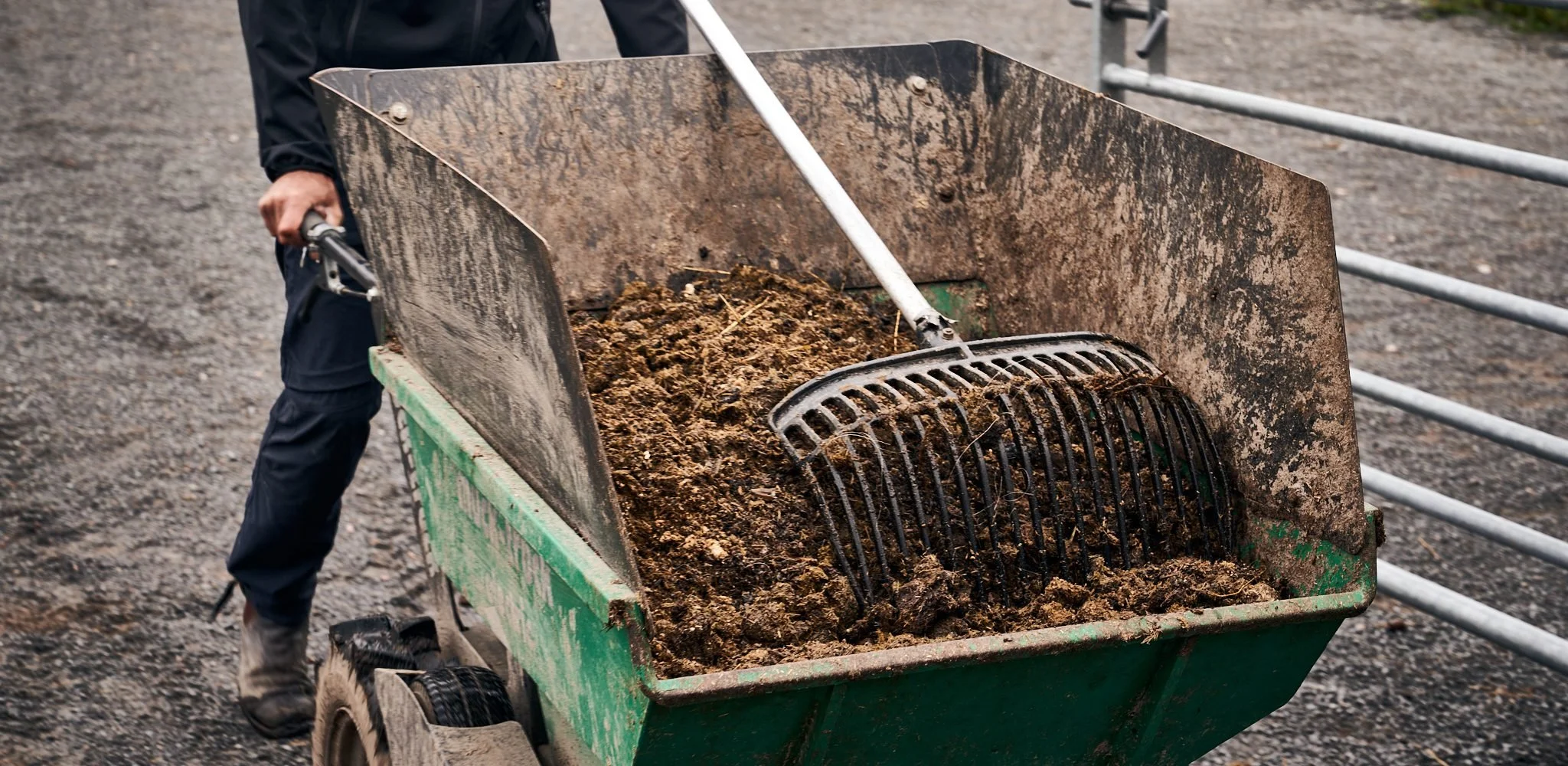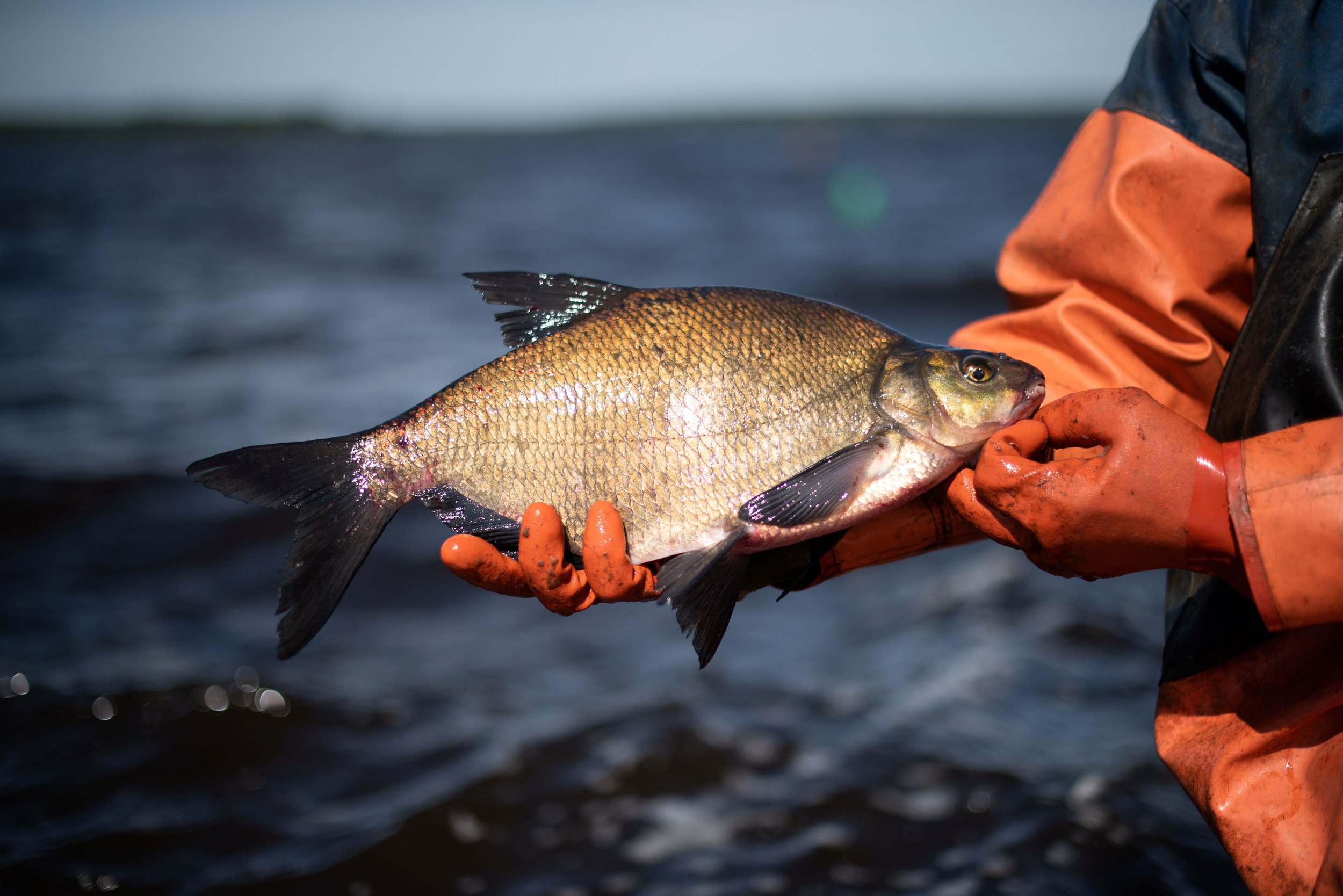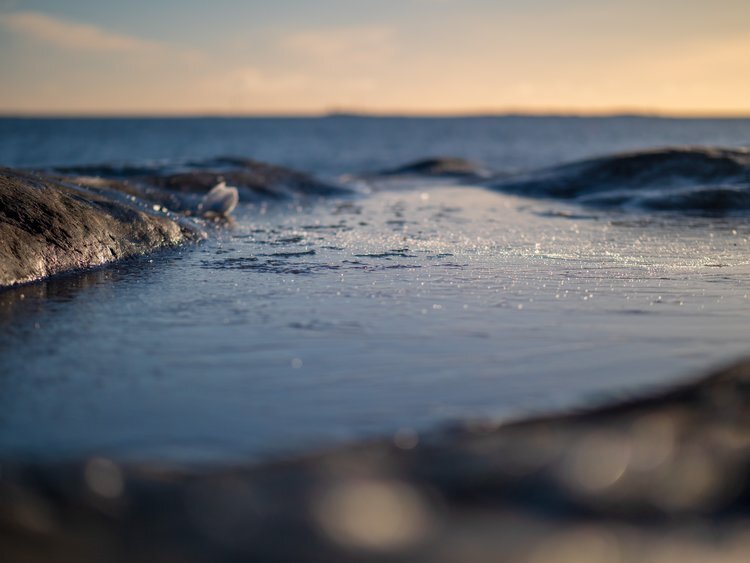
Our projects
A project portfolio based on impact efficiency
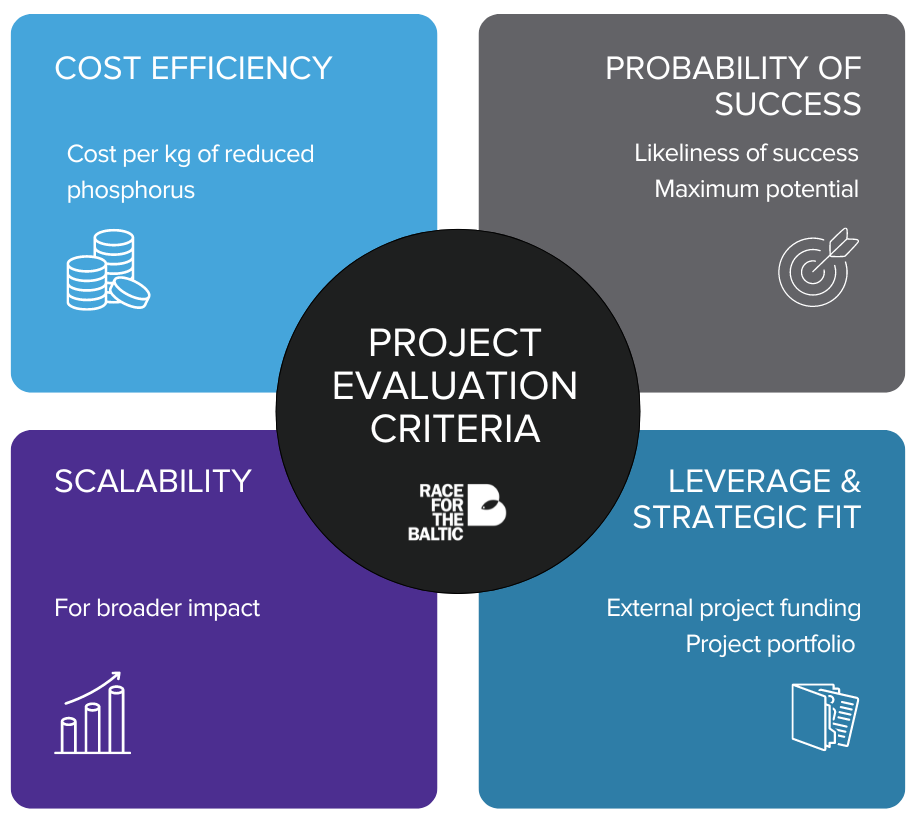
The overall objective is to achieve maximum return for the Baltic Sea on the foundation’s assets. Return is measured as reduction of phosphorus [1] in the Baltic Sea. The evaluation considers several aspects such as:
Cost per kg of reduced phosphorus
Likeliness of success
Scalability
Access to external project funding, providing leverage
Maximum potential
Strategic fit with the organisation
Project portfolio aspects (i.e. projects with large potential as well as projects with short term measurable results)
Race For The Baltic has built a project portfolio from which projects are evaluated and prioritised based on the requirements above. We continuously scout for new project ideas and are always interested in suggestions.
[1] Impact can best be measured using the Baltic Sea Impact Index. However this can normally be boiled down to phosphorus reduction, which is therefore used as the normal currency in RFTB’s evaluations and e.g. other nutrients are converted into phosphorus equivalents.
-
![]()
Production project
Identifying nutrient leakage points in fertiliser production and developing a cooperation framework with large fertiliser manufacturers and port operators in the Baltic Sea region.
-
![]()
GYPREG project
Reducing nutrient leakage by applying gypsum to farmlands, a method shown to reduce phosphorus runoff and soil erosion.
-
![]()
BalticReed project
Coastal reed binds nutrients and by harvesting reed, nutrients can be removed in a way that also produces climate-friendly raw materials for a variety of uses.
-
Port project
The handling of dry bulk fertilizers and phosphates in ports is a significant source of nutrient leakage to the Baltic Sea.
-
![]()
City Accelerator
The City Accelerator focuses on accelerating the work of municipalities to reduce their impact on the Baltic Sea.
-
![]()
Restoration project
The project contributes to research and accelerates solutions to reduce the excess of nutrients in the bottom sediments in coastal environments.
-
![]()
Horse project
Horse manure is an overlooked source of nutrients leaking into the Baltic Sea. Through frequent mucking of pastures and paddocks, this leakage can be substantially reduced.
-
![]()
Fish project
Creating good conditions for sustainable fishing of the so far underutilised fish species bream and ide, contributing to reduce eutrophication in the Baltic Sea.
NEWS

